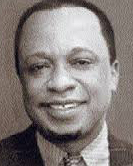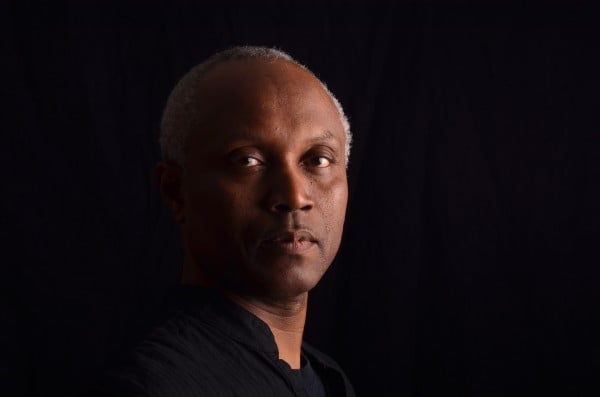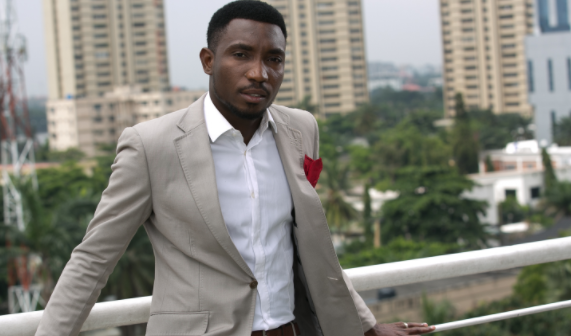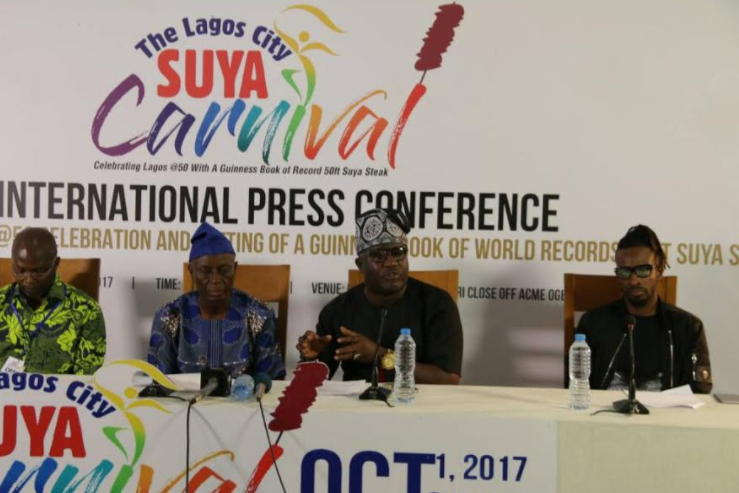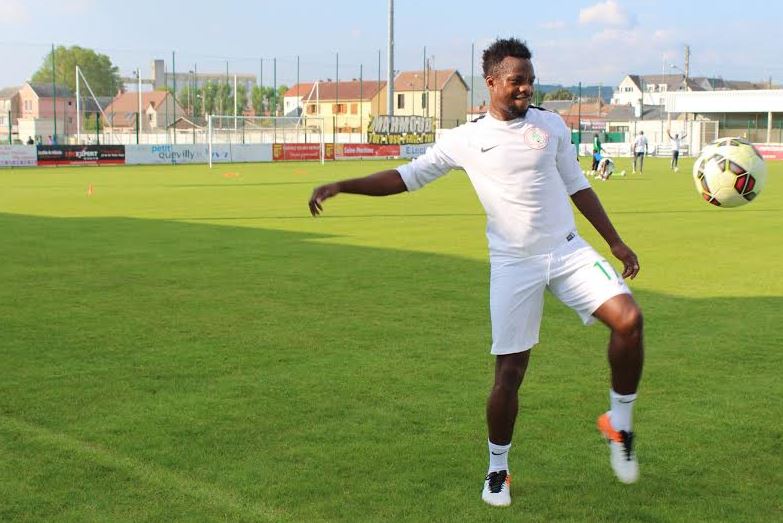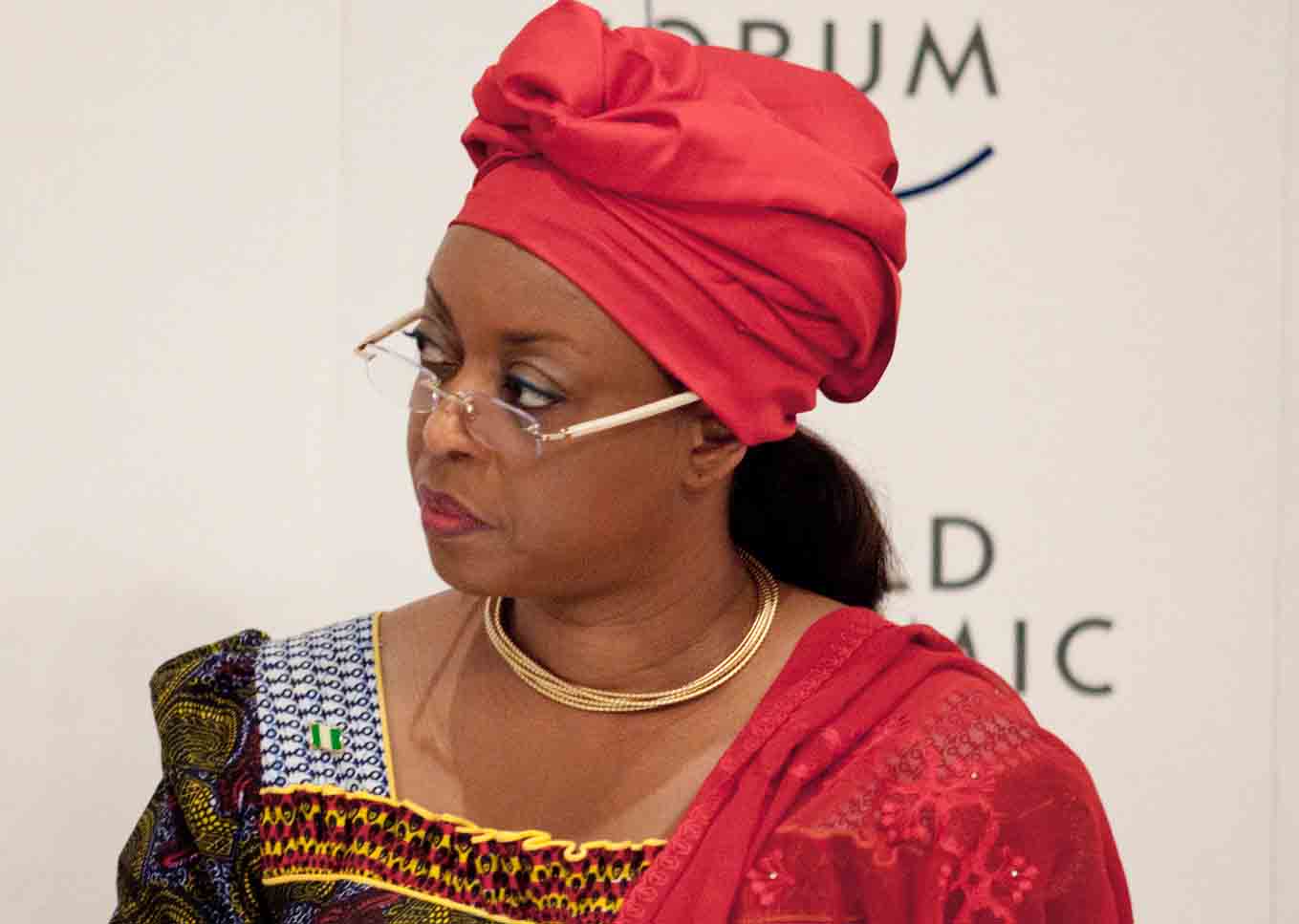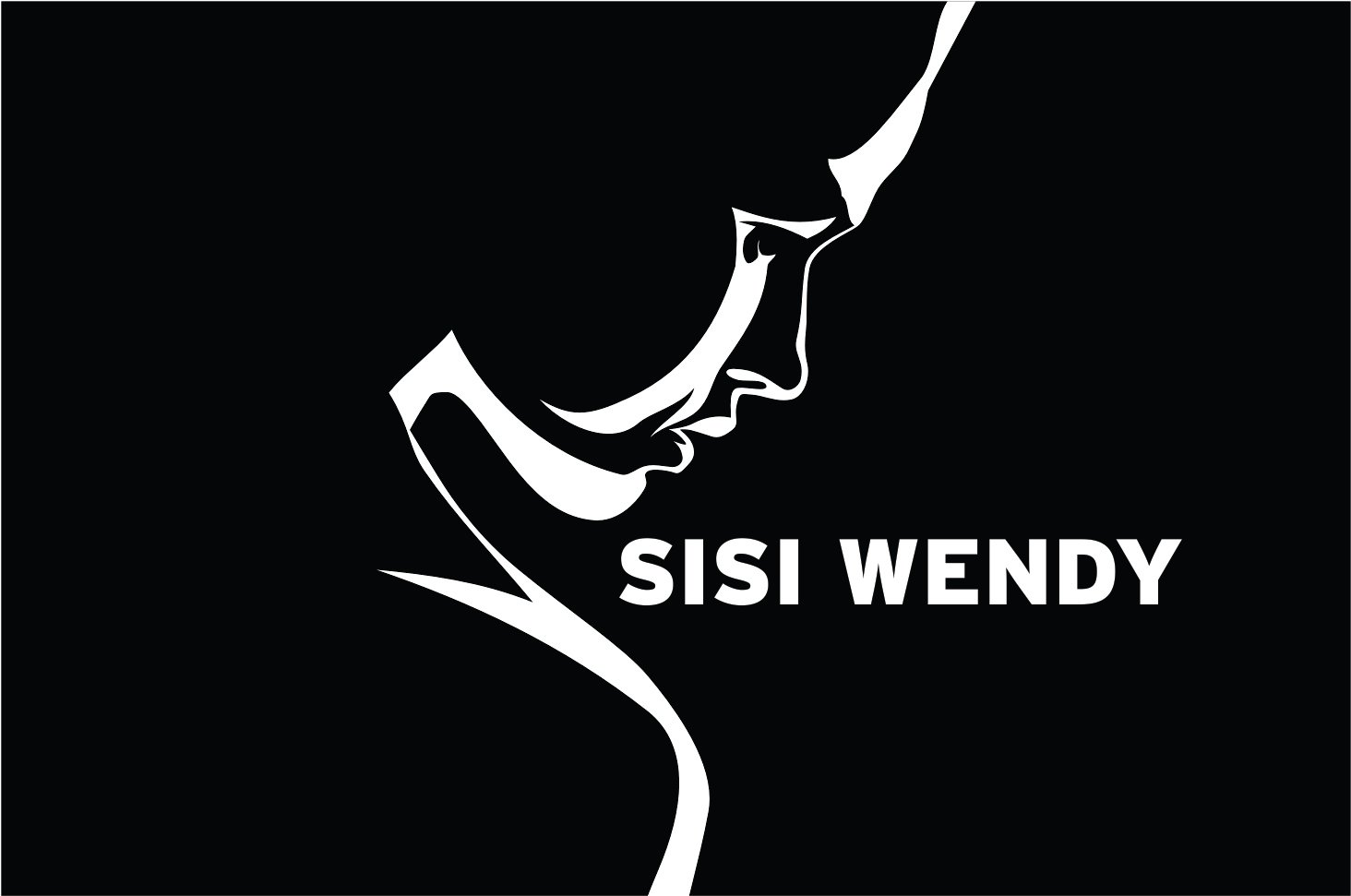BY BISI DANIELS
Ndibe is the author of two novels, “Foreign Gods, Inc.” (named one of the best books of 2014 by, among others, Janet Maslin of the New York Times, National Public Radio, Philadelphia Inquirer, Cleveland Plain Dealer, and Mosaic magazine), and “Arrows of Rain” as well as the memoir, “Never Look an American in the Eye: Flying Turtles, Colonial Ghosts and the Making of a Nigerian American”.
He is also a co-editor (with Zimbabwean writer, Chenjerai Hove) of “Writers Writing on Conflicts and Wars in Africa.”
Ndibe was a 2015-2016 Shearing Fellow at the University of Nevada Las Vegas. He earned MFA and PhD degrees from the University of Massachusetts at Amherst, and has taught at Brown University, Trinity College, Simon’s Rock College, Connecticut College, and the University of Lagos (as a Fulbright scholar). He served as the founding editor of African Commentary, a US-based international magazine.
Advertisement
Below are excerpts from the interview
Prof, congrats for the apparent success of your current book tour.
Thank you very much, Bisi. Yes, the tour has been an impressive success. In fact, it has far exceeded my expectations—which were quite high.
Advertisement
Tell us about it, what is it all about?
I’m on a nation-wide book tour, my first in Nigeria. And the book tour came about because Bookcraft Africa, based in Ibadan, acquired the rights from my US publishers to release the first-ever Nigerian editions of any of my books. In late June, Bookcraft released their editions of my two latest books, the memoir titled “Never Look an American in the Eye”, and the novel, “foreign gods, inc.”
The publisher of Bookcraft, Bankole Olayebi, and I have known each other since the mid-1980s. We decided that the release of my books in Nigeria should be marked by a series of readings in six cities—Lagos, where I’ll do four events, Port Harcourt, Enugu, Awka, Abuja and Ibadan. I arrived in Nigeria on April 8, and, the next day, did my first event at Patabah Bookshop at the Adeniran Ogunsanya Shopping Center in Surulere. Despite an unrelenting downpour that day, the bookstore was parked.
How did the idea for your latest book originate, and how long did it take you to write it?
Advertisement
The book is “Never Look an American in the Eye”. My second novel, “foreign gods, inc.”, was published in 2014 to great critical acclaim and success. The novel’s protagonist is Ile Uzondu, a Nigerian immigrant in New York City who hatches a traitorous plan to steal the statue of a war deity from his natal community. Many of my readers in the US, Britain and Europe kept harping on their impression that the novel rang so true as to seem based on my life.
At each turn, I protested that I had never dabbled into the heist of a deity. Then it occurred to me that I had had a rich and fascinating life in the US since relocating there in 1988—and even before. It struck me that my personal encounters with the US, and that country’s response to me, would make rewarding reading. The book took me approximately one year to write.
Where did you do most of the writing—study, bedroom, a hideout?
I call myself an opportunistic writing. It means I write wherever I find the moment, inspiration and tool. I don’t adhere to any particular routine. I write in the kitchen, in bed, in libraries, in airports, inside trains and aircraft.
Advertisement
Your family blends well, how do you break away from them to write?
My family comes first for me. I try to be an attentive husband and father. Even so, my wife and children understand that writing is a central part of my life, so they do their best to permit me the space to write. Sometimes they excuse me from going with them to social engagements, like dinner invitations by family friends. In the end, my family helps fuel, rather than hinder my work.
Advertisement
World-wide book tours are not regular these days as musicians do with their songs. How do you pull it? Who organizes, who funds it?
I’ve been fortunate to find Soho Press as my US publishers. Soho is an independent publisher based in New York, with a vision and passion that’s extraordinary. At a time when many publishers have pulled back from sending authors on extended tours, Soho has supported my two books with them by sending me to various important cities in the US and Britain. Most of the engagements, the first few months after my books’ release, are organized and funded by Soho. However, I’ve also become well known enough in the literary circuit that I receive invitations to literary festivals around the world, including the UK South Africa, Italy, and Norway. The organizers of these festivals pick up my tabs for flight and accommodation and, often, pay a small per diem. A few months ago, I signed an agreement with a speakers’ bureau, Blue Flower Arts Agency, to represent me in booking or negotiating talks, lectures and readings.
Advertisement
What has the response to your Nigerian book tour been?
Amazing! Each of my events so far has had packed venues. And my books have sold out at several events, including the University of Port Harcourt and Goethe Institute in Lagos.
Advertisement
I’ve been impressed by the passion and energy displayed by readers at each stop. I’ve been quite moved to see the audience’s curiosity and hunger for the literary diet. It’s often tempting to judge the Nigerian society as too philistinic, too obsessed with material pursuits. But I can tell you that there’s a truth that’s often not recognized: the deep yearning among many Nigerians for intellectual stimulation. I have seen a lot of this during this book tour.
What are the general benefits of such tours; how have you personally benefited from it.
Book tours are tested ways of popularizing books. This is especially true in this age of social media. As I speak at each event, numerous people in the audience tweet my statements, expanding the reach and impact of what I’m stating in a defined space.
Such dissemination enables readers from all over the world to become part of a conversation around a book. My social media capital in Nigeria and elsewhere has risen sharply since I began this tour. It’s clear to me that lots of readers are tuning in and many of them then seek out my books.
Is it financially rewarding?
From the standpoint of publishers and authors, there’s no question that book tours—when well planned and publicized—make financial sense. But two points ought to be stipulated. One: that the financial benefits may not be immediate, but they develop over time.
Two, that the writer especially—or this writer, at any rate—does not always put monetary considerations at the centre of creative transactions. Don’t get me wrong: I am not averse to financial rewards. A writer who works hard and produces stellar work deserves his or her huge payday. Still, since writing often involves passionate commitment, many writers would still write even if they never made much money from the vocation.
Writing seems to be your primary occupation now.
I’ve held visiting professorships or fellowships at a variety of universities and colleges. But when I have a new book out, I tend to take time from teaching in order to devote more attention to book festivals and other activities that lend visibility to books.
Any other thing you enjoy doing?
I love to cook. I love to tell stories to children and adults.
You travel a lot. How much joy does it give you?
One of my childhood dreams was to travel around the world, to see places that were once esoteric names I read about in magazines, newspapers and books or heard about in geography class. I’m very lucky—blessed is the better word, in fact—that my career as a writer has made it possible for me to travel widely—in North America, Africa, Asia and Europe.
The exhilaration of traveling, meeting new people, learning firsthand about other cultures is impossible to describe. Let me just say that, if I had to do my life over again, I’d make the exact same choice to travel around the world on the passport of stories.
What is the cost to your family?
I miss my family a lot when I travel. I’d say that the only sad aspect of incessant travels. From time to time, I manage to persuade my wife to take some time from her hectic schedule to travel with me. Last year we were in Italy together; this year, we went together to Greece. I’m always thrilled when she can come away with me.
So far this year, which city/town have you enjoyed most, and why?
My wife and I were recently in Greece for ten days. We visited Thessaloniki, the island of Santorini, and then Athens, where I was invited to take part in a conversation about memories of the Nigerian civil war. Greece is a country rich in history and breathtaking human-made monuments as well as landscapes. I found Santorini magical—for its combination of history and a landscape that evokes otherworldliness.
……………………………………………………………………………………………………………………………
THE BOOKS
Foreign Gods, Inc.,
It tells the story of Ike, a New York-based Nigerian cab driver who sets out to steal the statue of an ancient war deity from his home village and sell it to a New York gallery.
Ike’s plan is fueled by desperation. Despite a degree in economics from a major American college, his strong accent has barred him from the corporate world. Forced to eke out a living as a cab driver, he is unable to manage the emotional and material needs of a temperamental African American bride and a widowed mother demanding financial support. When he turns to gambling, his mounting losses compound his woes.
And so he travels back to Nigeria to steal the statue, where he has to deal with old friends, family, and a mounting conflict between those in the village who worship the deity, and those who practice Christianity.
Foreign Gods is a brilliant work of fiction that illuminates our globally interconnected world like no other.
Never Look an American in the Eye
Okey Ndibe’s funny, charming, and penetrating memoir tells of his move from Nigeria to America, where he came to edit the influential—but perpetually cash-strapped—African Commentary magazine. It recounts stories of Ndibe’s relationships with Chinua Achebe, Wole Soyinka, and other luminaries; examines the differences between Nigerian and American etiquette and politics; recalls an incident of racial profiling just thirteen days after he arrived in the US, in which he was mistaken for a bank robber; considers American stereotypes about Africa (and vice-versa); and juxtaposes African folk tales with Wall Street trickery. All these stories and more come together in a generous, encompassing book about the making of a writer and a new American.
